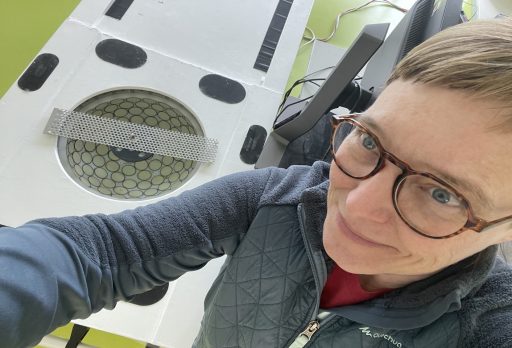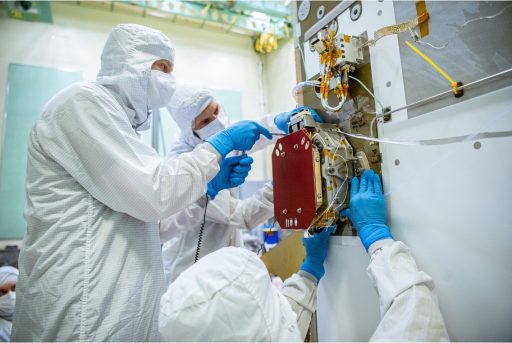Moving gigabytes per kilometre: how NTRO modernised road surveys using Globus
NTRO is using Globus via AARNet to move and analyse large road survey datasets in near real time, helping improve safety and efficiency across transport networks.
NTRO is using Globus via AARNet to move and analyse large road survey datasets in near real time, helping improve safety and efficiency across transport networks.

















